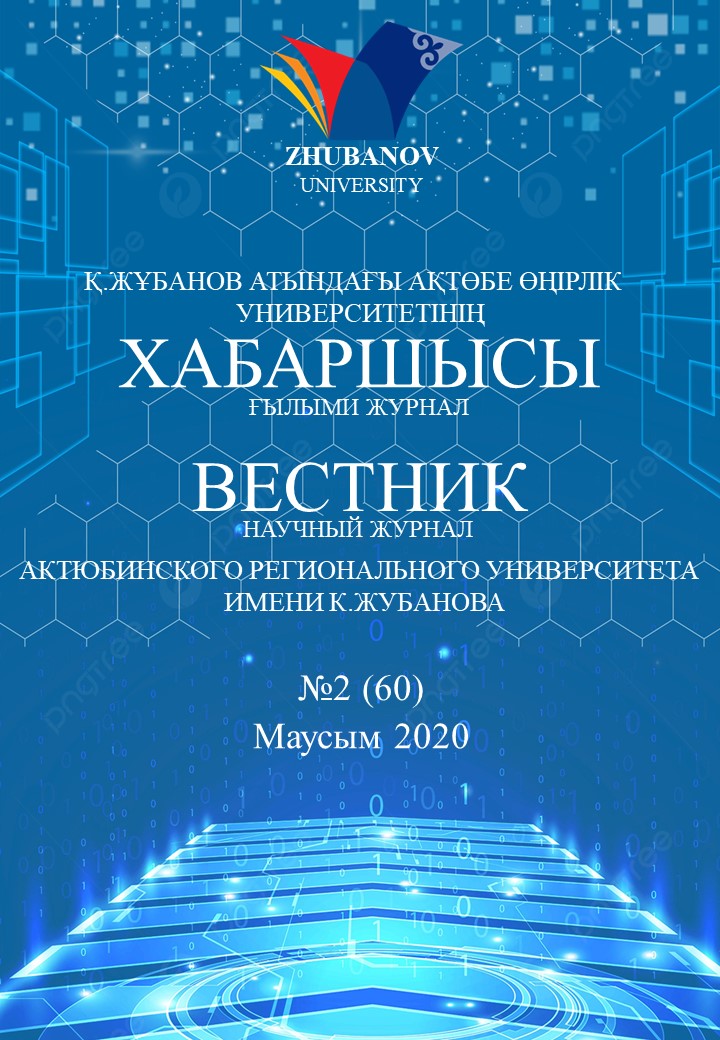In the article, the author reveals the relevance of forming a culture of interethnic communication.
Theoretical aspects of the nature of interethnic tolerance are studied through the study of the concepts of national
mentality and national culture. The author considers it necessary to familiarize students with the history of the
emergence of a tolerant worldview of the Kazakh people as a condition for fostering inter-ethnic tolerance. The
significance of the great silk road as the main catalyst for the transformation of the culture of the East and West is
revealed. The scientific theories of Kazakh scientists about the essence of the Kazakh mentality are analyzed. The
significance of the cultural heritage of the great thinkers of the Kazakh people Abay Kunanbayev and Shakarim
Kudaiberdiev in the education of the culture of interethnic harmony is revealed. It is concluded that tolerance is an
innate moral and psychological quality of the Kazakh people and forms the basis of the Kazakh mentality.
- Абай Кунанбаев. Слова Назидания. Перевод Р. Сейсенбаева. Алматы 1993 год.
- Казахская философия. Наследие Шакарима. Алматы 2007 г.
- Кшибеков Д. Философия: Учебное пособие. Алматы, 1994 г.
- Бурбаев Т. Философия. Учебное пособие. Алматы, 2009 г.
- Кулсариева А.Т. Один народ - разные судьбы: Казахстан в поисках культурной идентичности/А. Т. Кулсариева, Ж. Шайгозова, М. Султанова // Вестник КазНУ, 2014.-№4.- с.76-86
- Сейдимбек А. Мир казахов. Этнокультурологическое пееосмысление. Астана: изд.Фолиант. 2012 г. с. 560.
- Эфендиев Ф.С. Этнокультура и национальное самосознание. Нальчик. изд. Эль-Фа. 1999 г.

